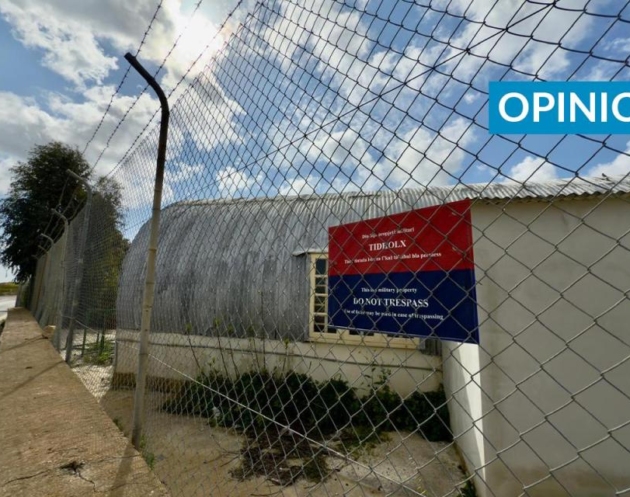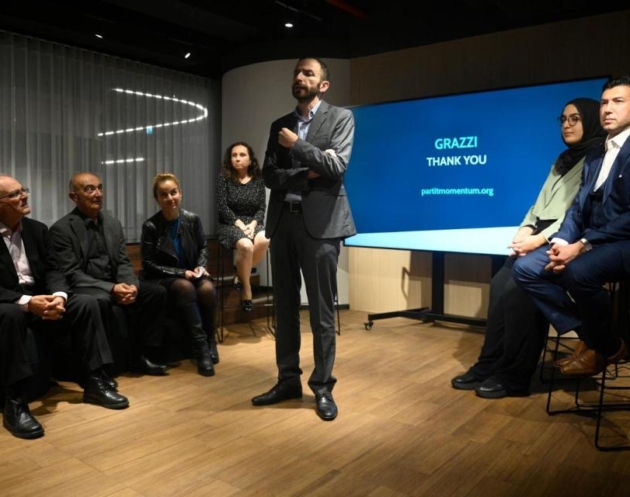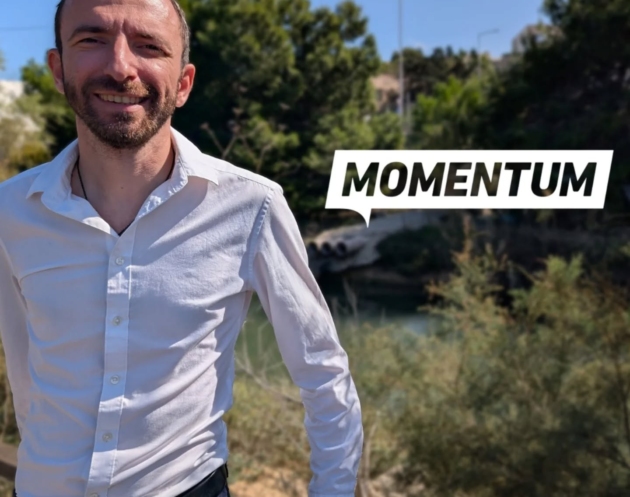Pay politicians properly or resign ourselves to a mediocre Government

When Bernard Grech quit, the Nationalist Party begged European Parliament President Roberta Metsola to take the helm. She refused. Loyalty to Brussels and the prestigious post she occupied played a part, but possibly so did hard maths. It’s estimated that Dr. Metsola’s total remuneration package exceeds €200,000 per annum. This figure is roughly 3.5 times more than the Maltese Prime Minister’s total package, which barely reaches €66,000
To put things into perspective, €66,000 is less than what is received by many individuals in government-agencies, including persons of trust and CEOs. It also falls far below private-sector executive norms for smaller levels of responsibility. Expecting first-class governance at second-tier pay is fantasy. The result is either a reliance on mediocre talent that cannot command higher salaries elsewhere, or the proliferation of side-income schemes and unofficial benefits that steadily corrode public trust and introduce routes to corruption. This creates a very problematic situation where the public is short-changed on leadership quality.
The financial underappreciation of political roles in Malta creates a vicious cycle. Financially successful individuals from diverse professional backgrounds, as well as those who simply cannot afford the substantial income sacrifice required, are effectively excluded from actively contributing to our country’s leadership. This means that a significant pool of highly capable and experienced individuals, who could bring valuable expertise to governance, are dissuaded from entering politics. The result is that politics becomes the preserve of those who can personally finance their political career or those that finance this through questionable means. Meanwhile, many capable people either leave the country to seek better opportunities abroad or remain within the private sector where their skills are adequately compensated.
Roberta Metsola’s decision to decline the Nationalist Party leadership must have, at least in part, included pragmatic financial elements. Beyond the obvious allure of power and prestige, associated with such an important role within the European Union, moving home would also mean a steep pay cut and a narrower brief. In short, salary matters – and not just to Metsola. This isn’t about greed but rather about acknowledging the practical realities that influence career choices, particularly for individuals operating at the highest levels of their respective fields. To ignore this fundamental aspect is to misunderstand the competitive landscape for talent.
The public might be unaware of the scale of some government departments. The responsibility is huge. The table below details the budgets of the largest ministries taken from the Financial Estimates of 2025
| Ministry | Budget Responsibility |
| Social Policy & Children’s Rights | €2.1 billion |
| Finance & Employment | €1.45 billion |
| Health | €1.09 billion |
| Education, Sport, Youth | €939 million |
| Ministry for the Environment, Energy & Enterprise | €810 million |
For context, Farsons’ latest annual report for the year ending 31st January 2025 reported revenues of €126 million, with the CEO earning an annual package of €341,000. It’s not about pointing fingers at any one person, but rather about a bigger reality: for Malta to attract top-tier leadership, we need a long overdue radical change to how government officials are paid.
Public-policy expert David Spiteri Gingell has laid out a well thought-out solution in a Malta Chamber report, A Modern Framework for Members of Parliament 2025 & Beyond. His proposals peg political salaries to real-world benchmarks:
| Role | Proposed total annual pay |
| Prime Minister | €114,000 |
| Minister / Opposition Leader | €95,000 |
| Parliamentary Secretary | €83,000 |
| MP (base) | €42,582 |
The document bundles these figures with tight rules on transparency, full-time parliamentary status, independent salary reviews, and clear cooling-off periods – closing the back-door gravy train even as the front-door wage rises.
Momentum backs the immediate adoption of this framework. Good talent costs money; honest government costs even more when we refuse to pay it up-front. The most cost-effective and crucial anti-corruption investment Malta can make is a professional Parliament, paid at a competitive market-rate, which can be locked into the strictest ethical code.
This is just one part of Momentum’s package to deliver good governance, transparency and accountability. We are very committed to this goal because we truly believe Malta’s future is strongly tied to the competence, focus and quality of our leaders. Momentum is fighting hard to finally raise the bar and give Malta a Parliament that truly lives up to its future
A version of this article was originally published on TimesOfMalta.
https://timesofmalta.com/article/pay-politicians-accept-mediocrity.1113519
There is hope, you can help!
Join Momentum and build a better Malta. Volunteer, donate, or subscribe today!





